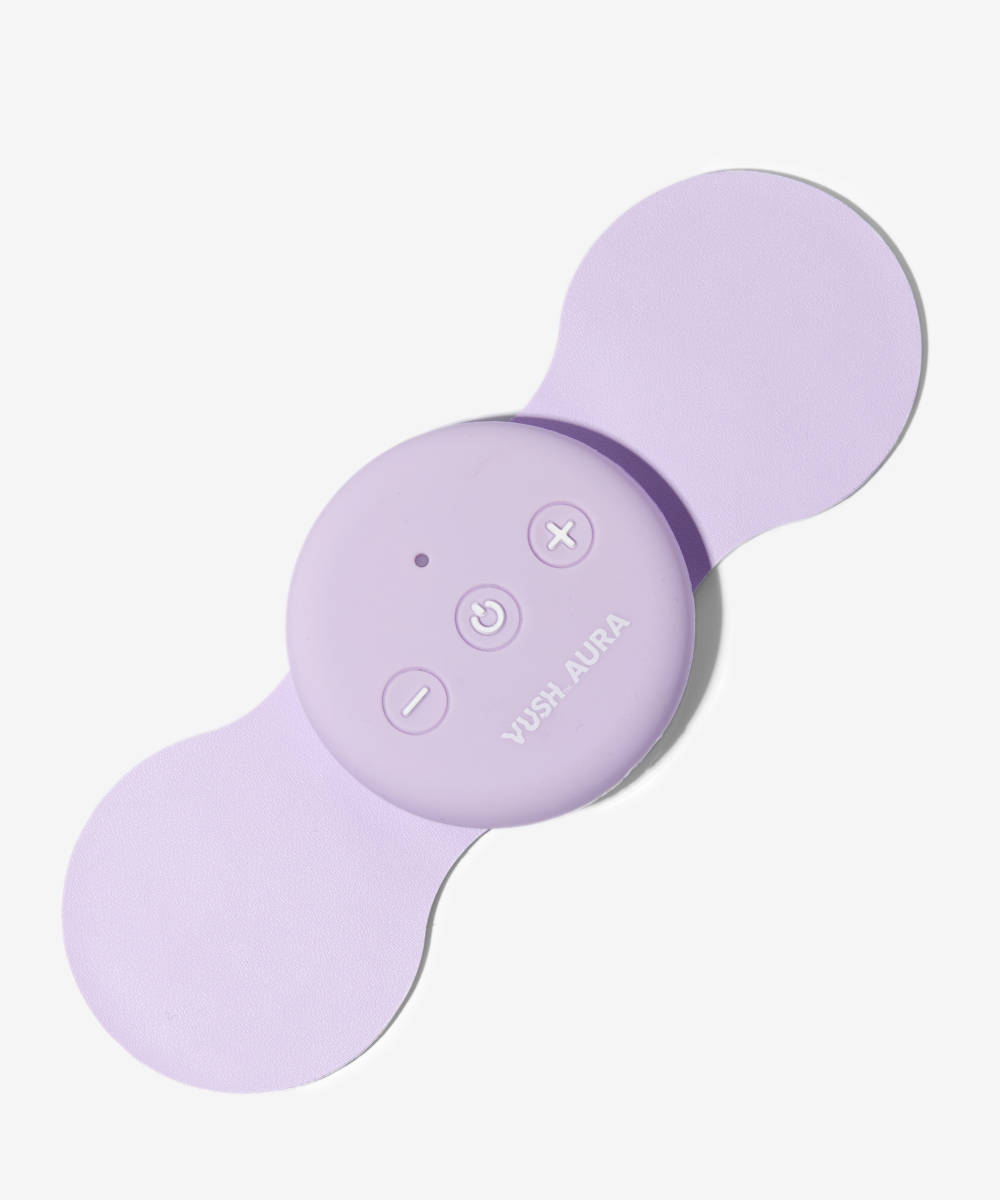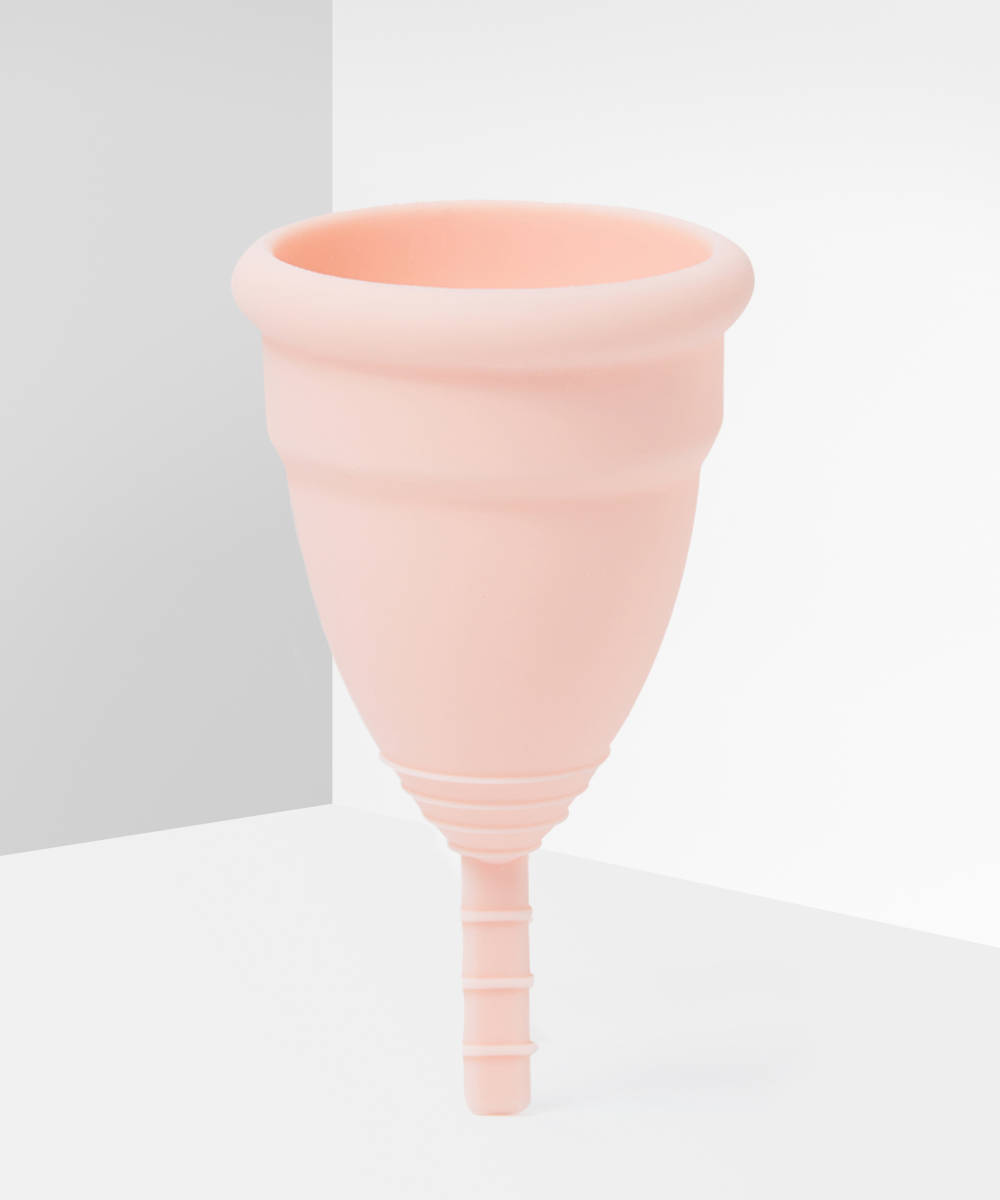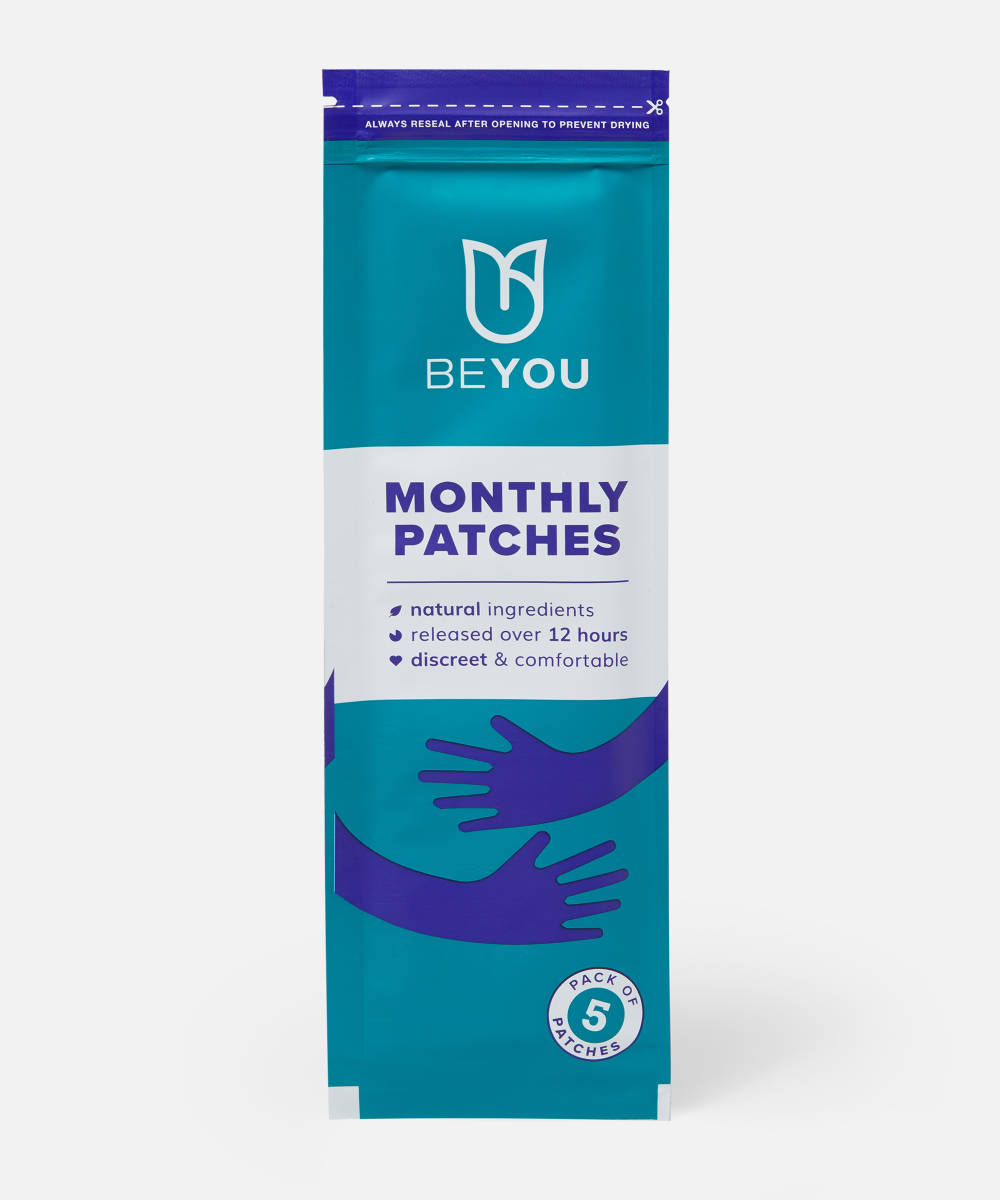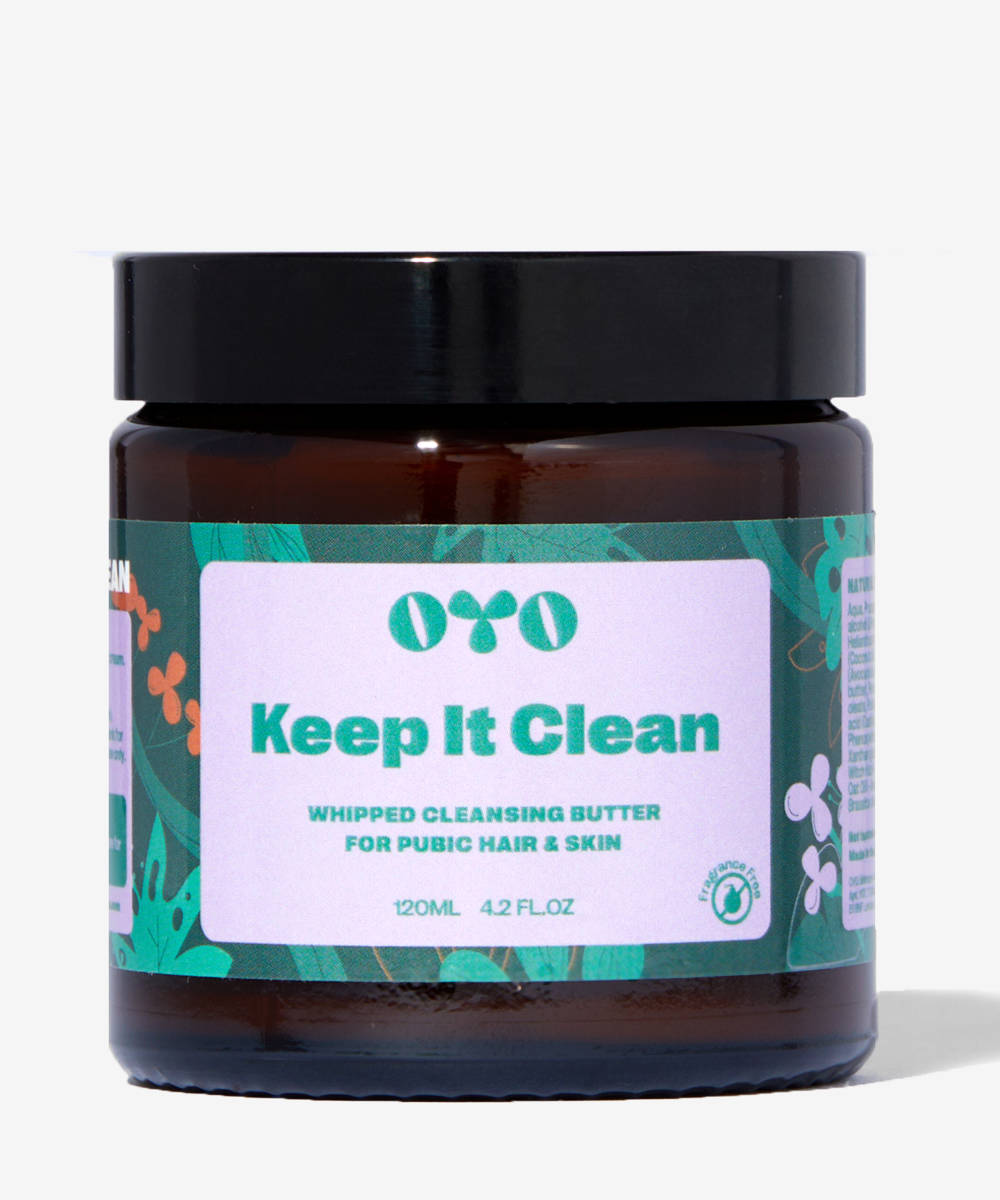WHat do periods feel like? And exactly how long should a period last for? There are a lot of questions to be asked when it comes to menstruation, mostly because you probably can’t remember everything you learned in sex education class. Asking questions about periods isn’t always something everyone feels comofrtable doing, but it’s a good idea to get clused up, just in case something isn’t right. And for real, what is the best way to deal with period cramps?
To get some answers, we spoke to Dr. Gunvor Ekman Ordeberg, obstetrician-gynaecologist and co-founder of DeoDoc to get the answers for your most-asked questions about periods. Here’s what we learned.
What is a period?
Menstruation or period is a normal vaginal bleeding that occurs as part of a woman’s monthly menstrual cycle. Each month an egg matures in the ovaries and ovulation occurs as the body prepares for a pregnancy. If no pregnancy occurs, the uterus expels the endometrium and the egg, which is the period.
When will I get my first period?
Your period will start when your body is ready. The average age to get your period is 12, however it can also happen from the age of 8-16 and still be within the normal range.
What do periods feel like?
This is very individual, some women do not experience any cramps or pain at all. For others an ache can be felt in the lower abdomen or back. The ache can be sharp and throbbing or dull and consistent.
Are periods meant to hurt?
Menstruation is an inflammatory process where the inner lining (endometrium) is being shed. Uterus contractions help expel the endometrium and together with the inflammatory process period cramps are caused, which can give pain and discomfort. But it is important for all women to know that if you suffer from period cramps that don’t get better with painkillers, please see your doctor. Because there might be an underlying medical condition causing the severe period pain, such as e.g endometriosis or fibroids.
How do you deal with period cramps?
This is very individual and it is important to see what works best for you. As doctors we recommend antiinflammatory treatment with painkillers (as period is an inflammatory process). Heat can also help soothe period cramps. Some period pain is common, but if you experience severe period cramps where painkillers and heat does not help I recommend seeing your doctor. They can help with stronger medication and other treatments to help ease your period pain.
What does the colour of my period blood mean?
When you bleed little, such as in the beginning and at the end of the menstruation, it is common for the color to be brownish. This is due to the fact that the blood will dry and be oxidized on the way out of the vagina. When you bleed heavily, it is common for the blood to be more reddish in the color.
Does having your period smell?
The menstruation blood is accompanied with vaginal secretion and tissue from your endometrium that can build up an odor.
Should I wear tampons or pads?
This is really up to you and what you prefer. What I would do recommend though is to choose 100% organic cotton pads or tampons as they are better for your vaginal health. Most conventional tampons or pads are made out of plastics and synthetic fibers, which can cause irritation and discomfort.
How often should you change pads/tampons?
This depends on your flow. But for tampons every 4-8 hours in order to avoid toxic shock syndrome.
Is there anything I can't do when on my period? E.g. have a bath/swim
You can do anything you want on your period. Just listen to your body. If you want to take a bath or swim, make sure to use a tampon and change it right away.
How long do periods last for?
This is very individual, but usually they last 3-8 days.
Why do I get discharge before my period?
Discharge is something that every woman gets on a daily basis as it keeps the vagina clean and moist but also helps to protect it from infections. During your ovulation some women can experience that their discharge is more slippery and wet.
Why is my period sometimes late/not on time?
There are many reasons you can have late or missing a period, some are listed below:
– You are stressed and worried.
– You have gained or lost weight.
– You have been involved in some kind of environmental change, for example, you are on a trip or have just changed job or school.
– Pregnancy can of course also be a reason.
What is PMS?
PMS (premenstrual syndrome) means that you get mood changes and other symptoms ( please see below for more symptoms) the days before menstruation (any period after ovulation to menstruation). What symptoms PMS can give varies from person to person. You can also feel PMS differently from month to month). PMS is common in women of childbearing age, up to 30% have moderate symptoms. The more difficult form, PMDS, which significantly affects relationships, social function and working life, affects 3-5%. The causeis yet unknown, but a possible explanation that researchers believe causes PMS is the substances that are formed when the hormone progesterone breaks down. PMS symptoms should be released within three days after menstruation.
What are the symptoms of PMS?
– Depression
– Irritability
– Mood swings
– Anxiety
– Concentration difficulties
– Fatigue / reduced energy
– Appetite Change / cravings
– Sleep disturbance
– Feeling of control loss
– Breast tension










